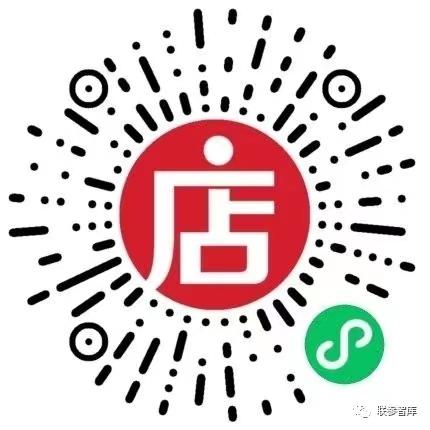 [20210811]IF11896_Gig经济工作者的税收待遇.pdf
[20210811]IF11896_Gig经济工作者的税收待遇.pdf
https:/crsreports.congress.gov August 11, 2021Tax Treatment of Gig Economy WorkersThe gig economy (or sharing economy) is a form of work relationship that has become popular in recent years. Gig economy workers earn income by providing on-demand work, with “gigs” often facilitated through digital platforms. This In Focus provides an overview of how gig economy workers are taxed and reviews recent legislative changes. What Is the Gig Economy? There are three parties to a gig economy transaction: the worker, a digital platform, and a consumer. Digital platforms, such as Uber, Airbnb, DoorDash, and TaskRabbit, match workers with consumers and often process payments. Many platforms also set rates for work. Because the digital platforms act as intermediaries, workers and consumers often have less interaction with each other (in terms of advertising, contracting, payment processing, etc.) than in other freelance business relationships. Participation in the gig economy is widespread. Although the major digital platforms are the best known, many gigs predate the internet and do not use digital platforms. For more on the gig economy and what it means for workers, see CRS Report R44365, Wha
展开阅读全文
- 特殊限制:
部分文档作品中含有的国旗、国徽等图片,仅作为作品整体效果示例展示,禁止商用。设计者仅对作品中独创性部分享有著作权。
- 关 键 词:
- 20210811 IF11896_Gig 经济 工作者 税收 待遇
 联参智库所有资源均是用户自行上传分享,仅供网友学习交流,未经上传用户书面授权,请勿作他用。
联参智库所有资源均是用户自行上传分享,仅供网友学习交流,未经上传用户书面授权,请勿作他用。
关于本文






![[19931229]93-1067_竞选资金改革:现行法律与H.R.第103届国会参众两院通过.pdf](https://www.lianhezuozhan.com/images/filetype/d_pdf.png) [19931229]93-1067_竞选资金改革:现行法律与H.R.第103届国会参众两院通过.pdf
[19931229]93-1067_竞选资金改革:现行法律与H.R.第103届国会参众两院通过.pdf
![[19800630]80-130_商业电视广播:对其结构和竞争选择的经济分析.pdf](/Images/s.gif)


